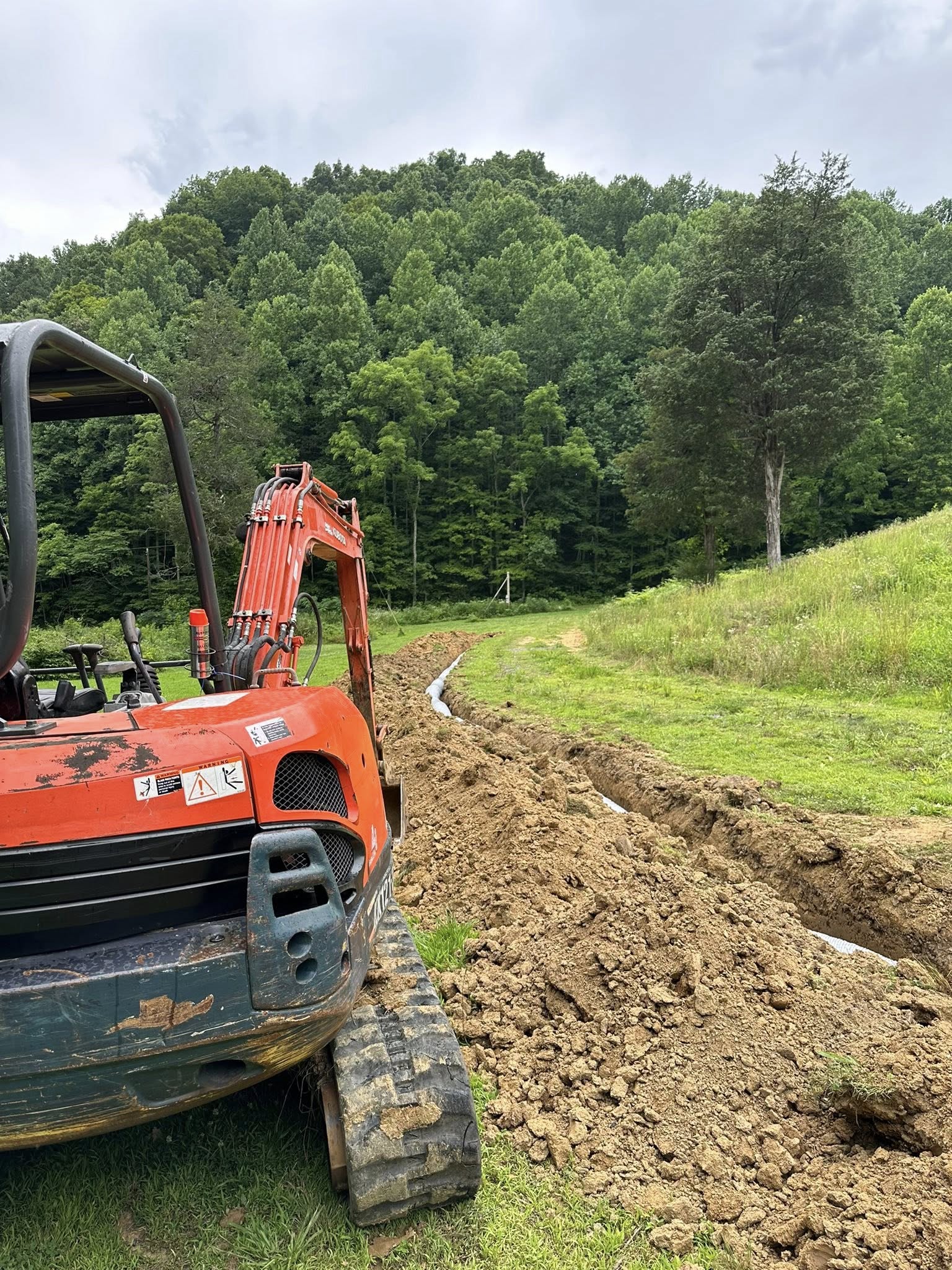
Trailblazing Advances: How AI is Shaping the Future of Excavation Work Oct 03, 2025
In the past, excavation work was labor-intensive, with a significant margin for error. Accurately predicting the duration of a project or accounting for unforeseen challenges such as hidden underground utilities often posed major risks. However, the integration of AI into excavation equipment helps address these challenges by significantly enhancing precision and planning. Machine learning algorithms can analyze terrain conditions, predict potential project obstacles, and optimize machine performance, revolutionizing earthwork practices.
One of the most significant advancements is the introduction of AI-driven autonomous excavators. These innovative machines operate with minimal human intervention, using GPS systems and real-time data processing to perform tasks with superior accuracy and efficiency. This technology reduces human error and enhances site safety, enabling project managers to allocate resources more effectively and complete projects faster.
AI’s impact extends beyond autonomous machinery; it also transforms the way data is utilized in excavation projects. Advanced AI systems can manage and interpret large sets of data captured from various sensor technologies. This data includes soil conditions, weather patterns, and geospatial information. Excavation Innovations uses this data-driven approach to create more precise excavation plans, minimizing risks and optimizing project timelines.
Furthermore, AI-powered tools are capable of predictive maintenance for excavation equipment. By analyzing equipment performance and usage patterns, these tools can identify potential mechanical issues before they become significant problems. This proactive maintenance strategy reduces downtime and increases the longevity of machinery, ultimately leading to cost savings for construction firms.
Safety is another critical domain where AI is making significant contributions. Excavation sites are notoriously complex and potentially hazardous. AI systems equipped with computer vision can oversee worksite conditions, identifying potential hazards such as unstable terrains, operational anomalies, or the presence of personnel in danger zones. This real-time hazard detection enhances on-site safety protocols and reduces the risk of accidents.
The integration of AI into excavation operations also benefits sustainability efforts. AI systems can optimize fuel consumption and reduce waste through precision excavation methods. By ensuring materials are moved efficiently and only when necessary, AI helps minimize the environmental impact of construction projects.
As Excavation Innovations continues to spearhead these technological advances, clients can expect enhanced project outcomes characterized by efficiency, safety, and sustainability. The use of AI in excavation not only streamlines current processes but also sets the stage for future developments in construction and earthworks.
In conclusion, AI is a transformative force in the excavation industry. The ongoing advancements promise to elevate the standards of operation, providing exceptional value to project managers, construction companies, and stakeholders. As technology continues to evolve, those who adapt quickly and efficiently are likely to gain a significant competitive edge. Excavation Innovations is committed to delivering these pioneering solutions, ensuring clients are always ahead in this rapidly changing landscape.
As the future unfolds, embracing AI in excavation work represents not just an opportunity, but a necessity for those who strive for excellence in the construction industry.
/filters:no_upscale()/media/14f0206d-8400-418b-9440-502974c65edd.jpeg)
/filters:no_upscale()/filters:format(webp)/media/7dc9553e-bef3-4839-b58c-c612218e67ef.jpeg)